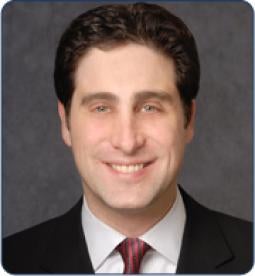It isn’t difficult to see that the main impact of social media penetration in our culture is an epidemic of oversharing. Americans under the age of 25 have a very different approach to privacy than, say, your average 30 year-old, and feel weirdly comfortable sharing details of their private lives. E-mail is considered to be outlandishly formal, large scale sharing over social networks and texting is commonplace, and the barriers between personal and institutional communication are nearly non-existent.
This has led, predictably, to mass sharing of medical information online — even two years ago, news organizations were reporting on the rise of “e-patients” who talk to medical experts and amongst themselves in order to obtain treatment, piece of mind and/or the thrill of exposure.
Suddenly, there is widespread information about adverse outcomes and side effects, in every search that someone does for any medicine or medical device. But perhaps the most interesting aspect of this is the fact that Big Data (the catch-all often used to discuss the capture and use of large information about individual consumers) may soon be able to incorporate all of this self-shared medical data into their profiles, along with the facial recognition information soon to be culled by Facebook, and dozens of other unusual sources.
Ironically, this could lead to something wonderful, if properly anonymized — a database that could help analyze and predict disease behavior. In fact, Google is already doing something on a much smaller scale here. But that presumes that the information can be collected in this manner, that people are comfortable with it, and that it will really be anonymized. If the past is any indication, the first stages of this process are likely to involve HIPAA violations, wailing and gnashing of teeth, and public outrage.
But given the slow transformation of attitudes taking place across the generations, the question may not be whether we will we find ourselves living in a science fiction world where everything about us, including our health and genetic makeup, is widely accessible, but when. For that reason, everyone who works in the life sciences owes it to themselves to be an amateur futurist, and to think about the ways in which ever more complex social interaction across electronic networks may impact their business, and the lives of their ultimate consumers.




 i
i


